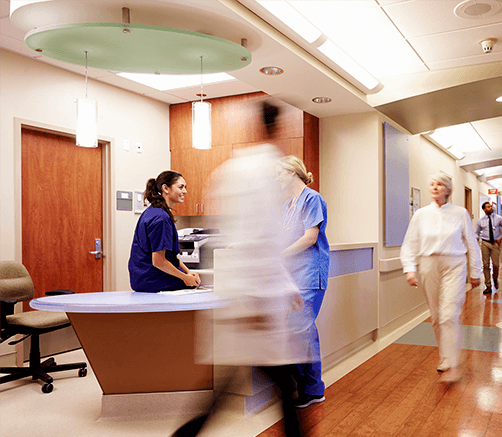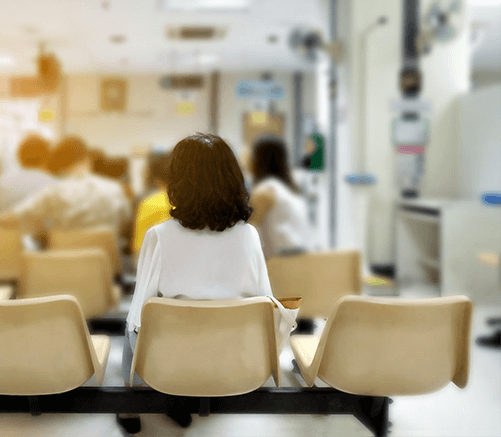Published on: 3 May 2024
High blood pressure can cause a series of health conditions, such as strokes, heart attacks and other cardiovascular complications. Most people don’t know they have high blood pressure- but a simple, pain free check could identify it before it becomes a serious problem. That’s why health bosses across the two counties are supporting the #BigSqueeze campaign as part of May Measurement Month.
More than 25% of adults in the UK have a raised blood pressure, so it's important to check it regularly to minimise the risks of hypertension. It only takes a few moments to do- and often a change in lifestyle or diet will be enough to bring your blood pressure down if it’s on the high side. If you are suffering from headaches, blurred vision, shortness of breath or even regular nosebleed, is could be a sign that your blood pressure is too high. You should seek medical advice if you are showing these signs.
Dr Paul Ferenc, Worcestershire GP and Cardiovascular Lead for NHS Herefordshire and Worcestershire, said:
“We’re pleased to be part of the Big Squeeze campaign. A raised blood pressure may mean that you have hypertension, and this significantly increases your risk of serious condition. Many people are not aware that they have raised blood pressure, and sometimes the first sign can be a heart attack or stroke. The only way to find out is to have a simple blood pressure check which only takes a few minutes.
More than 1 in 4 adults in the UK have raised blood pressure, so we are encouraging people to check theirs. It can be done at home, at your GP surgery or at most local pharmacies. If your blood pressure is high, it can often be improved with lifestyle changes such as physical activity, diet, and cutting out smoking and drinking alcohol. This will help to reduce the risk of conditions such as heart disease, kidney disease, strokes and vascular dementia as we know around 50% of heart attacks and strokes in the UK are associated with high blood pressure in the UK!
If you’re concerned about your blood pressure, then speak to your local GP surgery or local pharmacist for advice.”

